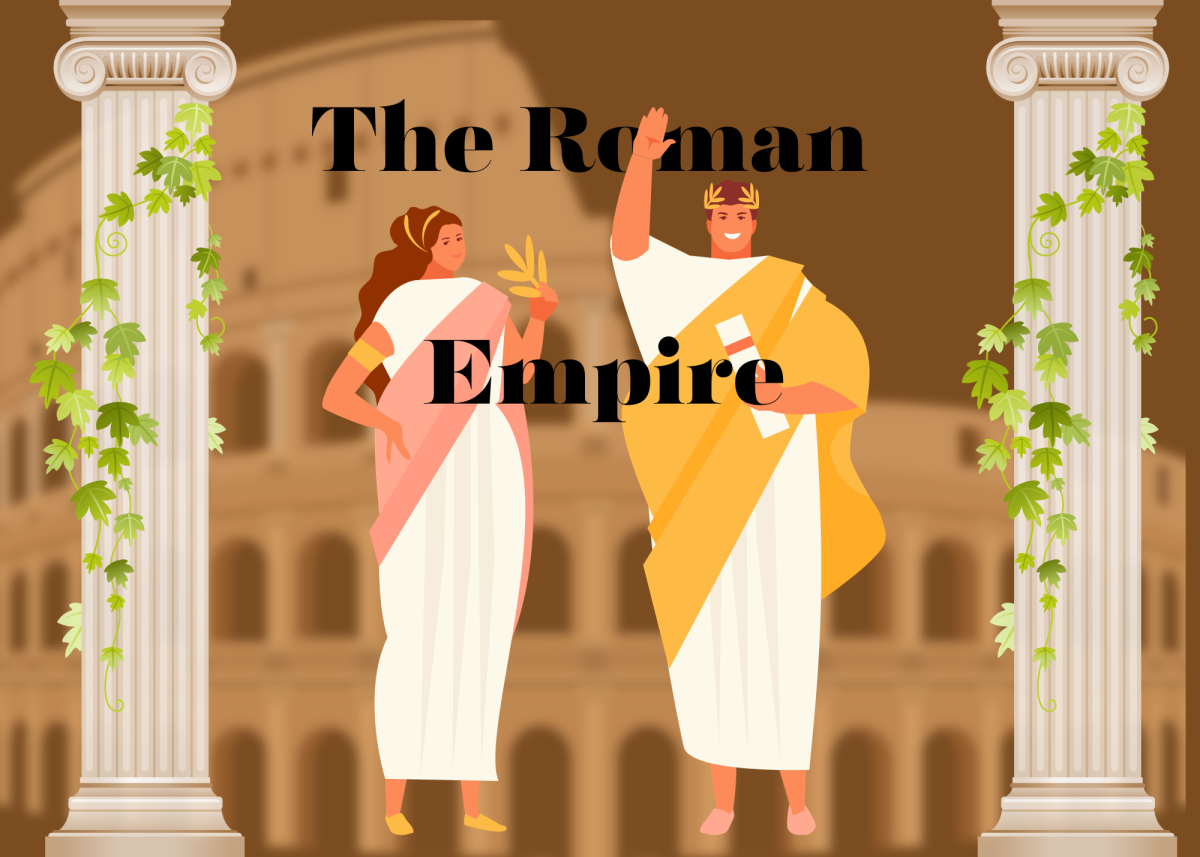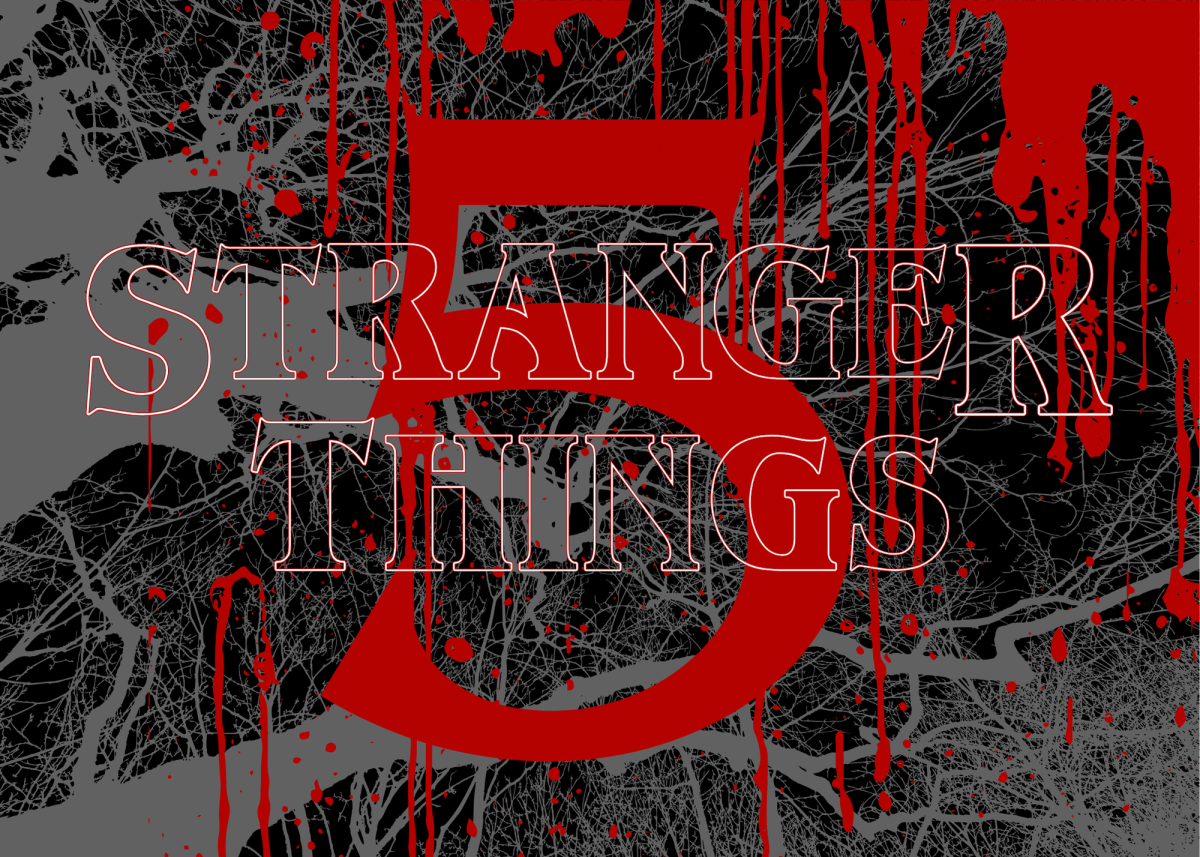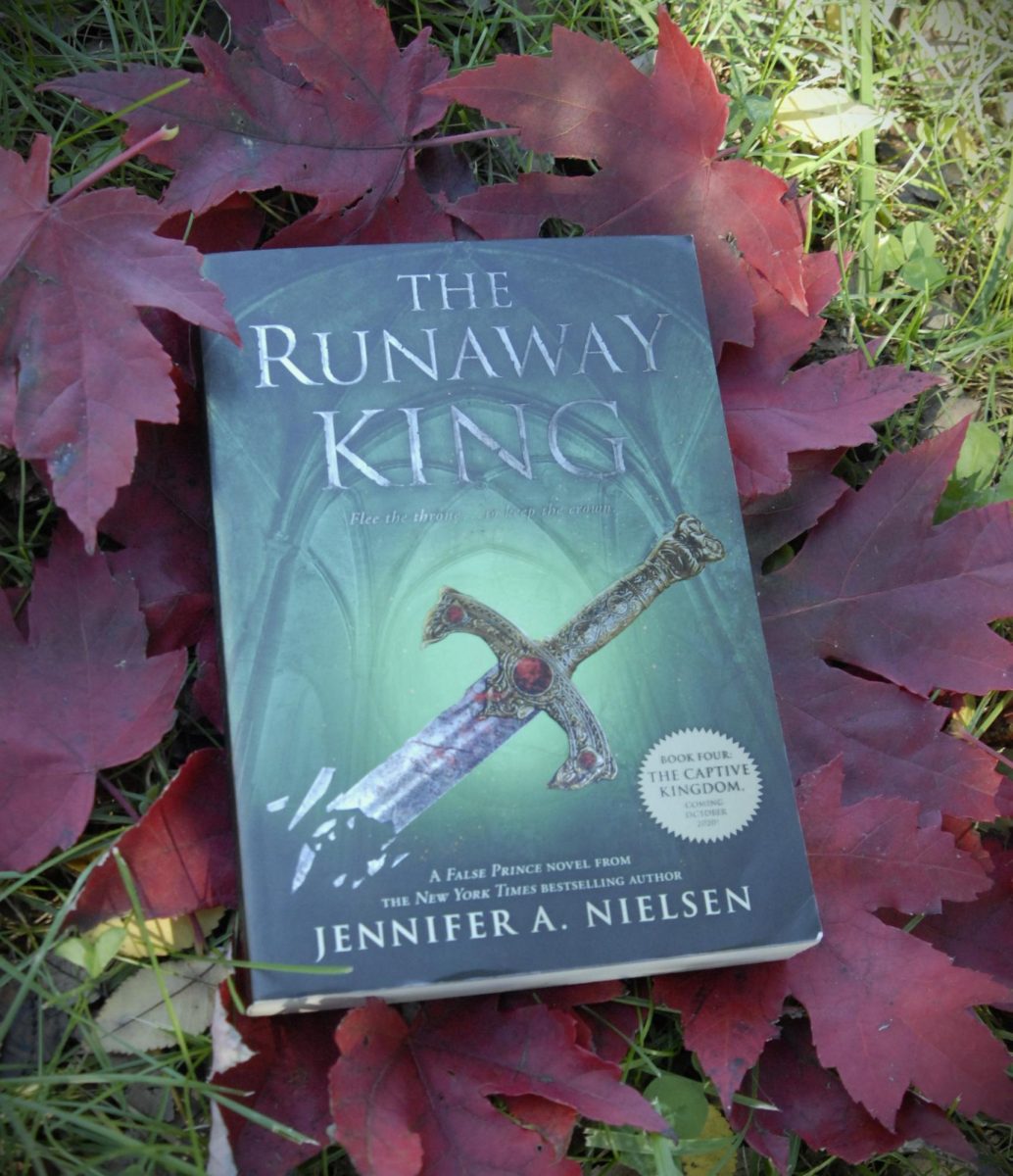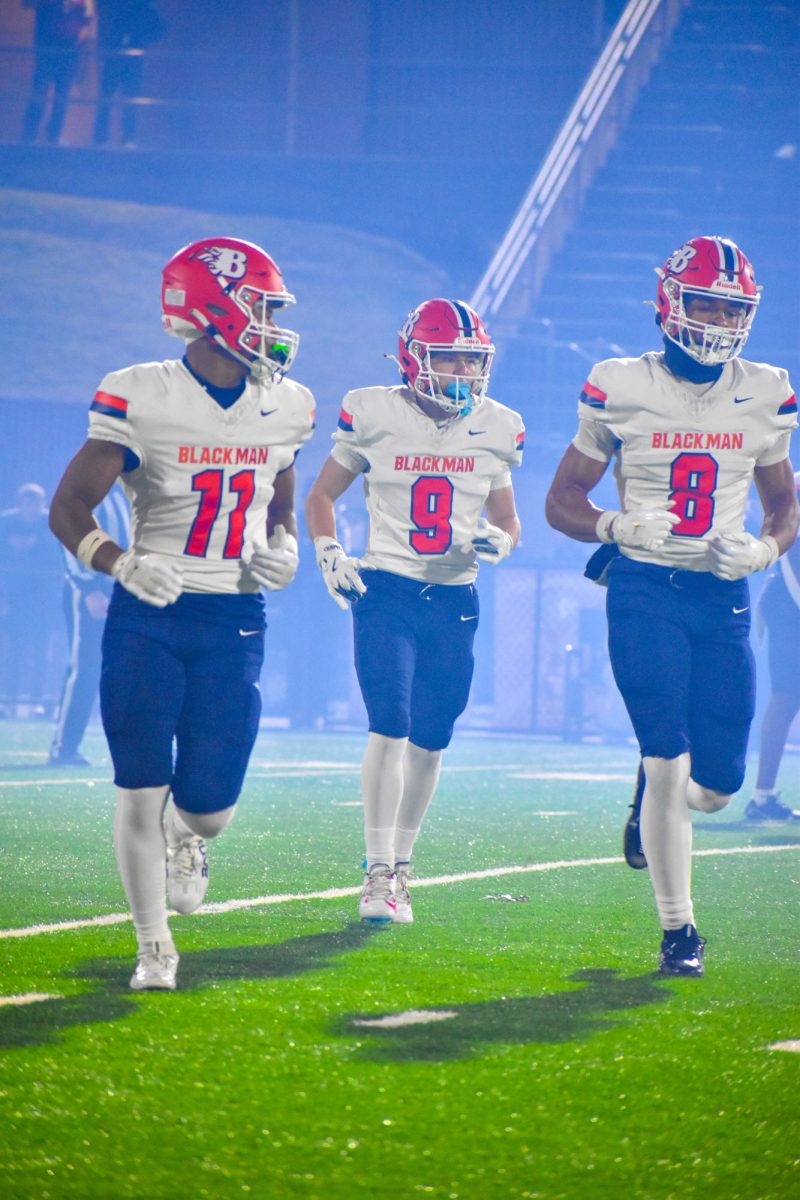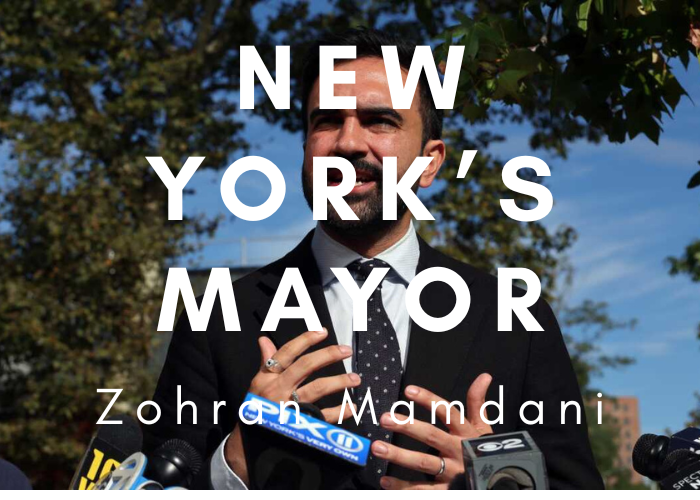The Roman Empire, one of the greatest civilizations of all time, created a world-dominating society with pioneering technological, cultural and religious advances. Its compelling influence defined western culture and the Roman’s discoveries have shaped the way the world functions to this day.
Although the mighty force fell apart in 476 AD, its legacy passed on to the modern world by having grand adaptations brought to the big screen such as “The Gladiator” and “Centurion.”
Due to its magnified presence in pop culture, the Roman Empire has spread all over social media, creating a TikTok trend that has brought particular attention to how often people, or men in specific, think about the Roman Empire.
It all began back in Sept. 2022, when Swedish influencer Saskia Cort posted a few screenshots between her and her partner, in which she asks him how often he thinks about the Roman Empire and encourages her followers to do the same to find out the amusing responses.
Cort’s encouragement extended to English-speaking countries and soon enough, people all around the world began asking their male partner how often they think about the Roman Empire and found themselves surprised by the number of men admitting thinking about it more frequently than anyone would expect.
In fact, more than 10 male students at Blackman High School admitted thinking about the Roman Empire at least once a week, whereas no female students said the same and found themselves weirded out by the question.
This fascination for the Roman Empire seems to be not only confined in dusty history books or dimly light libraries; it is alive and well in the minds of men nowadays. As a study in to why this infatuation with such a particular historic period occurs, a deeper approach was taken after following the pattern and similarities between each response.
The deeply rooted sense of masculinity tied to the concept of the Roman Empire seems to be a decisive factor in most of the responses, as a great feeling of admiration was expressed for the manly accomplishments the Romans achieved throughout their rule. Movies like “The Gladiator” also played a contributing factor to this captivating appeal, promoting a sense of male empowerment.
Nowadays, the complexities behind modern masculinity are mostly underlying insecurities (which are inherently enforced by society itself); consequently, historical grandeurs, such as the Roman Empire, serve as a reflective surface in which men affirm their identities and aspirations.
In a rapidly evolving world where gender roles and societal expectations are constantly changing, men may struggle with their “place” in society; therefore, turning to this feeling of empowerment to reaffirm one’s masculinity and place.
This effect is no phenomenon, as other pop culture influences have also shaped the way masculinity is viewed. Movies such as “Joker” and “The Wolf of Wall Street “played a big role in the way young men were told to be in this modern world.
Although no women shared the same response as the male interviewees, several answers mentioned other historical (or non-historical) events and in platforms such as TikTok many of them have taken the liberty to share their “Roman Empire.” This has included all kinds of topics, from Marie Antoinette to the musical comedy-drama “Glee.”
Perhaps the trend is an indicator of a deeper pattern, a testament to the timeless human yearning for empowerment, or it is simply an amusing question to randomly ask. Either way, posing the question might get some hilarious answers.
“What?” Alberto Torres, a man, replied, “Never, these people are lying.”


